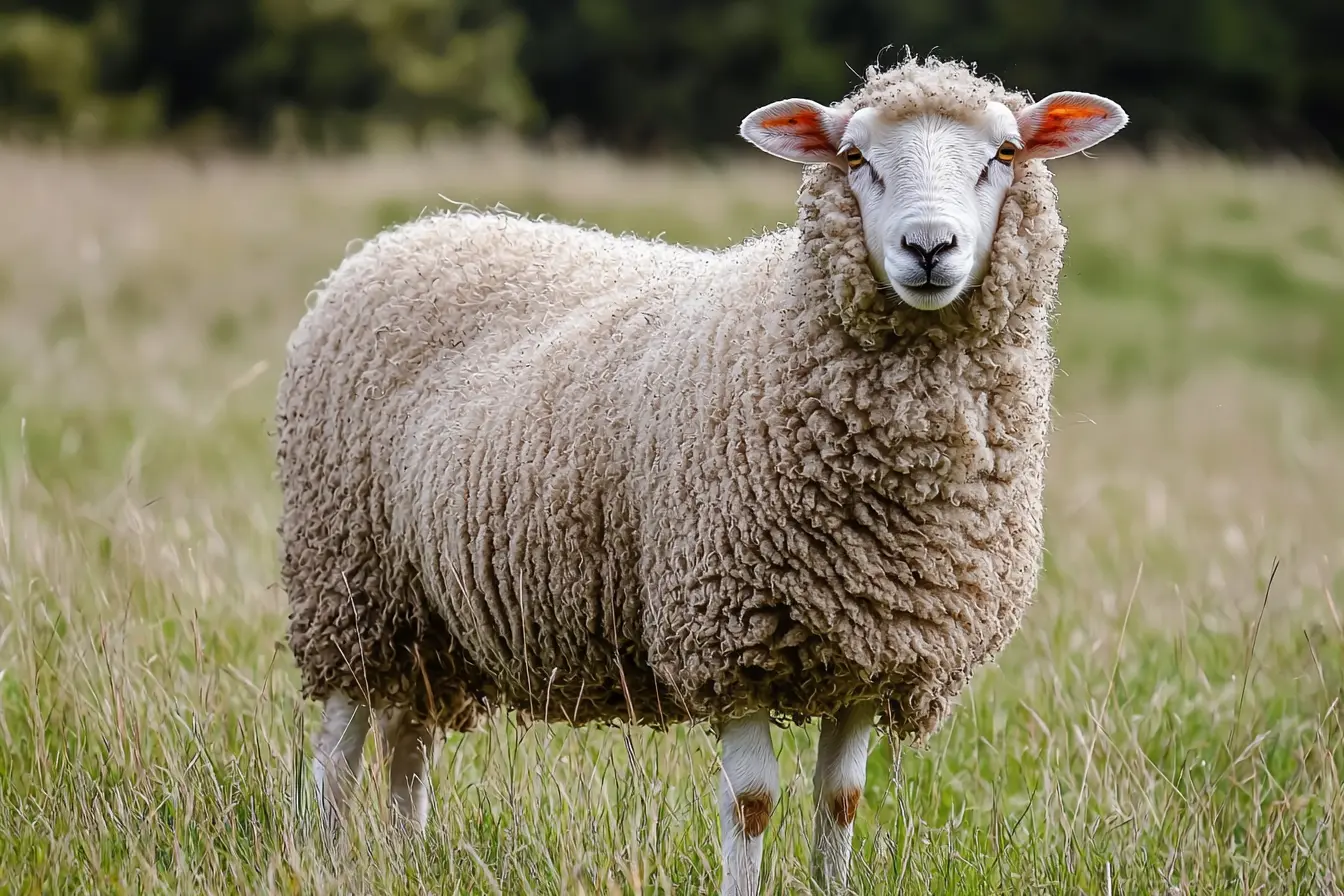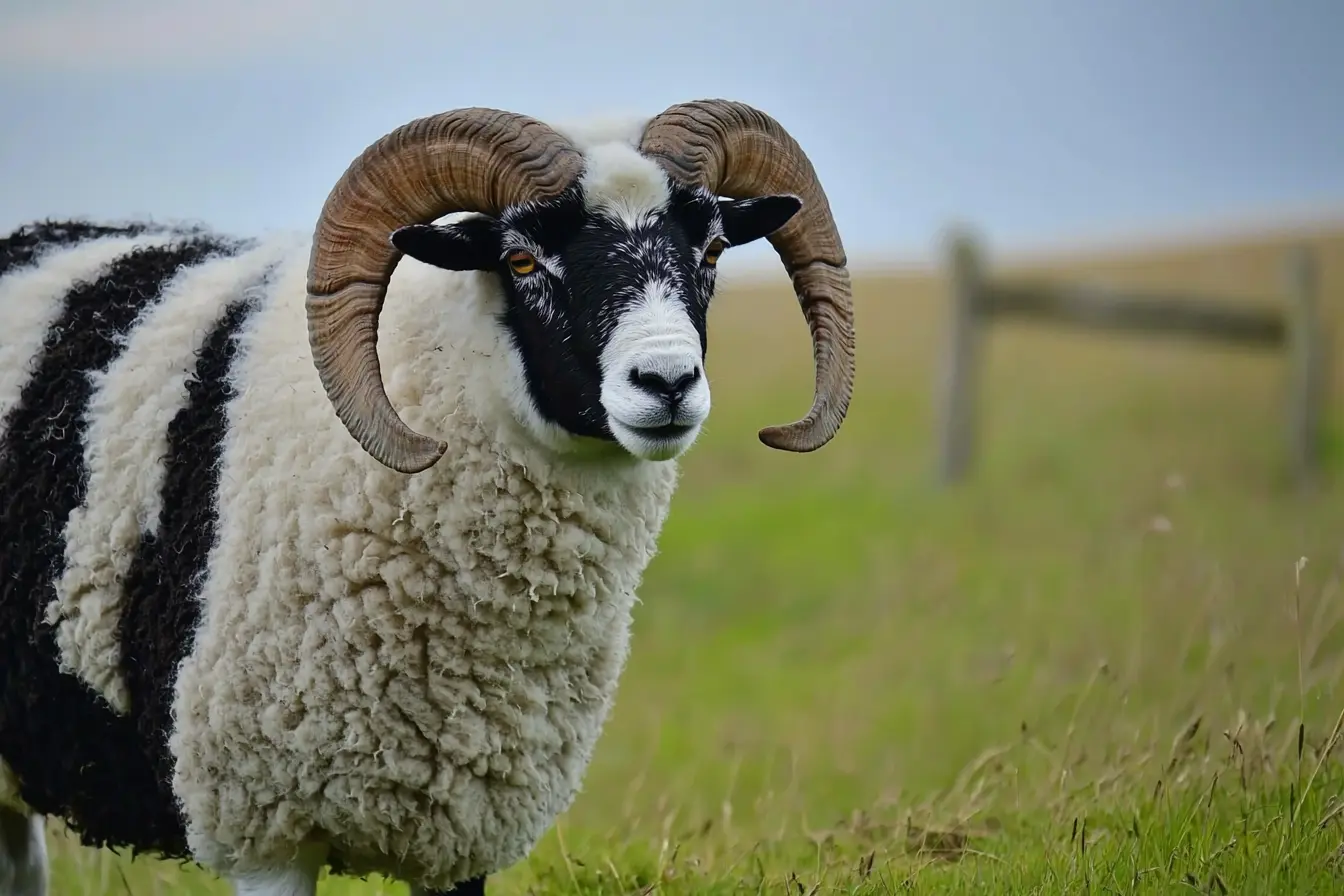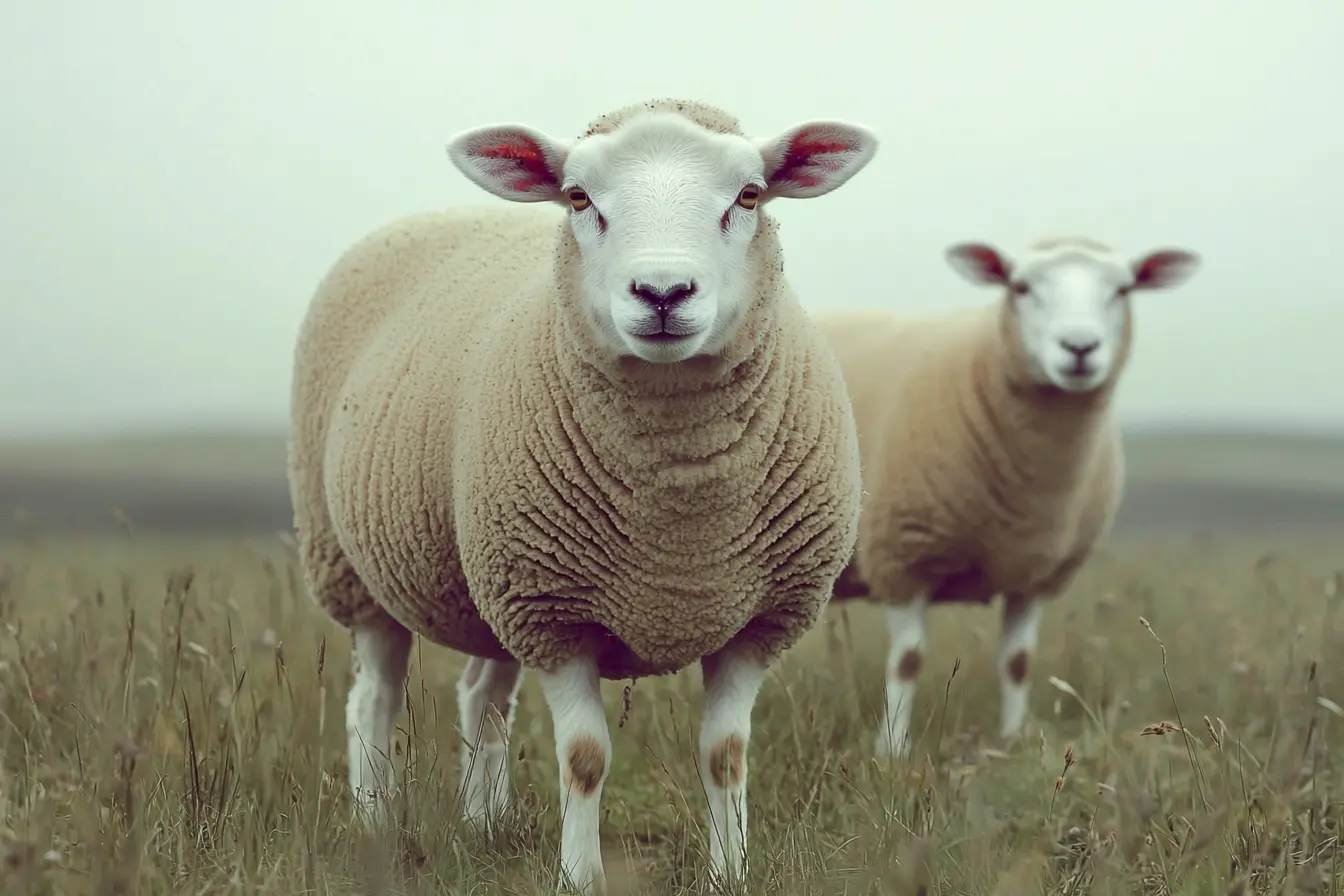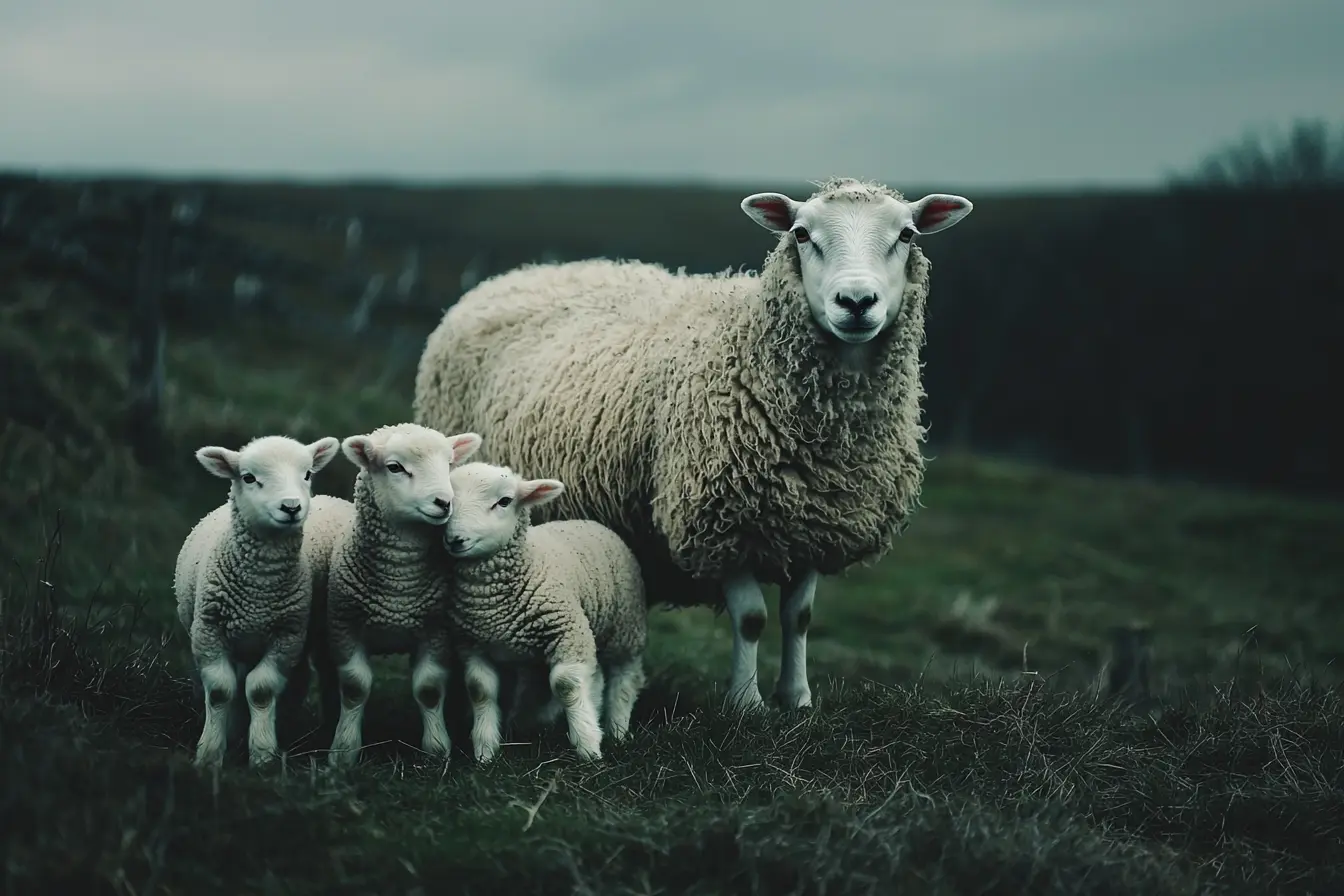
Choosing the Best Sheep Breed for Your Farm
If you're considering adding sheep to your farm in the UK, choosing the right breed is essential to ensure that they meet your farming goals, adapt well to your environment, and thrive under your care. This comprehensive guide will help you understand the different breeds available and what you need to know about their care.
Understanding Your Goals
Before diving into specific breeds, it’s crucial to understand what you hope to achieve with your sheep. Are you looking for meat production, wool, or dairy? Perhaps you’re interested in a dual-purpose breed that can provide both meat and wool. Your goals will significantly influence which breed is best for you.
Popular Sheep Breeds in the UK
Suffolk
- Purpose: Primarily meat
- Characteristics: Suffolk sheep are large, with a distinctive black face and legs. They are known for their rapid growth rate and high-quality meat.
- Care Requirements: They are hardy and adapt well to various climates but require good pasture and supplemental feeding in harsher conditions.
Merino
- Purpose: Wool
- Characteristics: Merino sheep are renowned for their fine, high-quality wool. They are medium-sized and have a calm temperament.
- Care Requirements: They need regular shearing and are susceptible to flystrike, so proper health management and a clean environment are essential.
Dorset
- Purpose: Dual-purpose (meat and wool)
- Characteristics: Dorset sheep are versatile and can lamb out of season. They have a white face and are known for their good mothering ability and high-quality meat and wool.
- Care Requirements: They thrive in various environments but do best with good pasture and shelter during harsh weather.
Texel
- Purpose: Meat
- Characteristics: Texel sheep are muscular and produce lean meat. They have a white face and a robust build.
- Care Requirements: They are relatively low-maintenance but benefit from good grazing and regular health checks.
Jacob
- Purpose: Wool and ornamental
- Characteristics: Jacob sheep are unique with their multi-horned appearance and spotted fleece. They produce medium-quality wool and are often kept for their aesthetic appeal.
- Care Requirements: They are hardy and adaptable but require regular shearing and good fencing to contain their inquisitive nature.
Sheep Care Basics
Housing and Shelter
Sheep need protection from the elements, especially during lambing season and harsh weather. A well-ventilated, dry, and draft-free shelter is essential. Ensure there is enough space for each sheep to lie down comfortably.
Nutrition
Good quality pasture is the foundation of sheep nutrition. In addition, hay, silage, and commercial sheep feed can supplement their diet, especially in winter. Fresh water should always be available.
Health Management
Regular health checks are crucial. Vaccinations, deworming, and monitoring for common issues like foot rot, flystrike, and parasites are essential. A relationship with a local vet experienced in sheep care can be invaluable.
Breeding and Lambing
If you plan to breed your sheep, understanding the breeding cycle and proper lambing management is vital. Ensure ewes are in good condition before breeding and provide extra care during pregnancy and lambing.
Shearing
Wool breeds need annual shearing to prevent overheating and health issues. Shearing should be done by a professional unless you have the skills and equipment.
###Final Thoughts
Choosing the right sheep breed depends on your specific needs and environment. Suffolk, Merino, Dorset, Texel, and Jacob sheep each have unique advantages and care requirements. Proper housing, nutrition, health management, and understanding the breeding process are critical to successful sheep farming. By carefully considering your goals and resources, you can select a breed that will thrive on your farm and meet your needs.
Starting your journey with sheep can be incredibly rewarding, offering both practical benefits and the simple joy of raising these charming animals. Happy farming!
Vets near you
Speciality vets
- Aquatics vet specialists
- Birds vet specialists
- Camelids vet specialists
- Cats vet specialists
- Cattle vet specialists
- Deer vet specialists
- Dogs vet specialists
- Equines vet specialists
- Exotic vet specialists
- Goats vet specialists
- Pigs vet specialists
- Poultry vet specialists
- Sheep vet specialists
- Small Mammals vet specialists
- Wild vet specialists
Vet facilities
- Accessible by public transport
- Blood testing
- Car park nearby
- Client car park
- Dentistry
- Diagnostic imaging
- Disabled public access
- Flea and worm treatments
- Microchipping
- Mobile services
- Neutering
- Open at weekends
- Out-of-hours service
- Referral interests
- Referrals only
- Street parking outside
- Toilets available
- Vaccinations



